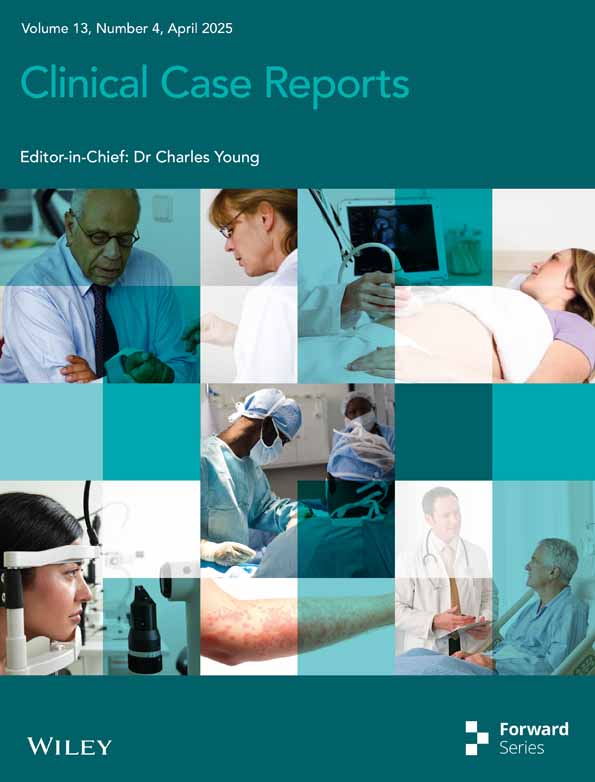Risk-Reducing Gender-Affirming Mastectomy: Unique Considerations in BRCA
Funding: The authors received no specific funding for this work.
Aladdin H. Hassanein and Carla S. Fisher contributed equally to this work.
ABSTRACT
Individualized breast cancer risk assessment should be considered for transmasculine patients pursuing gender-affirming mastectomy to identify and educate high-risk patients about the option for risk-reduction gender-affirming mastectomy. This reduces oncologic risk while achieving the desired cosmetic outcome, ultimately enhancing preventative care provided to an underserved population.
Conflicts of Interest
The authors declare no conflicts of interest.
Open Research
Data Availability Statement
The authors have nothing to report.




